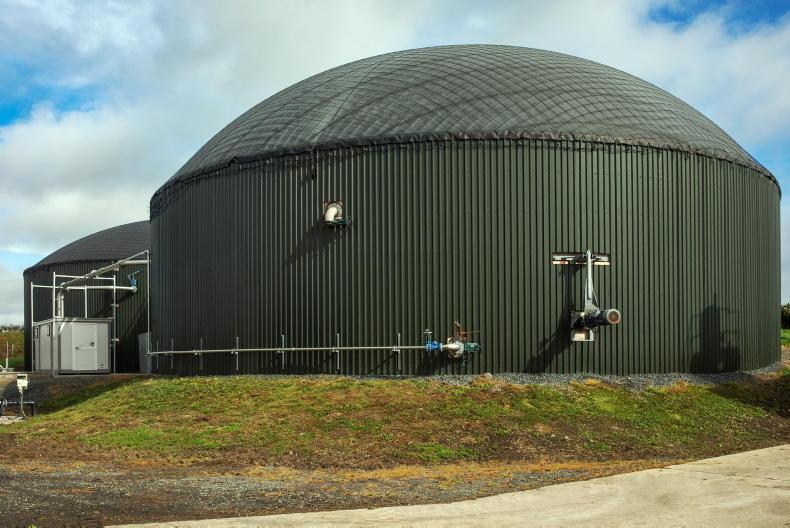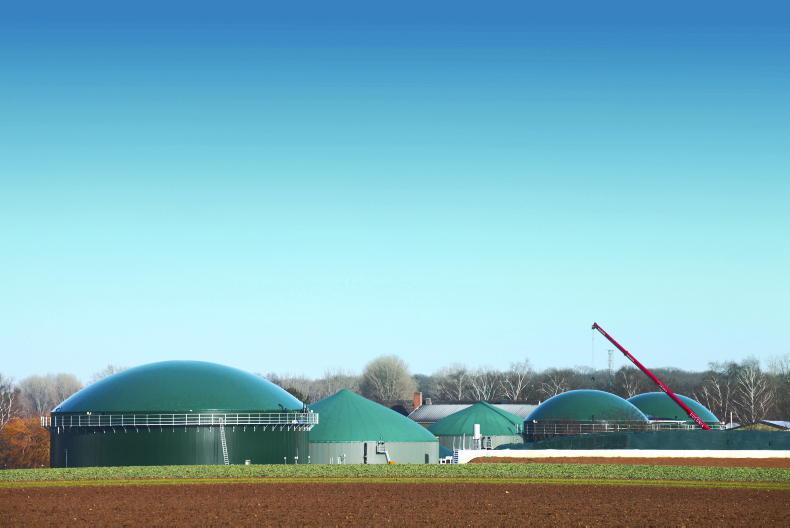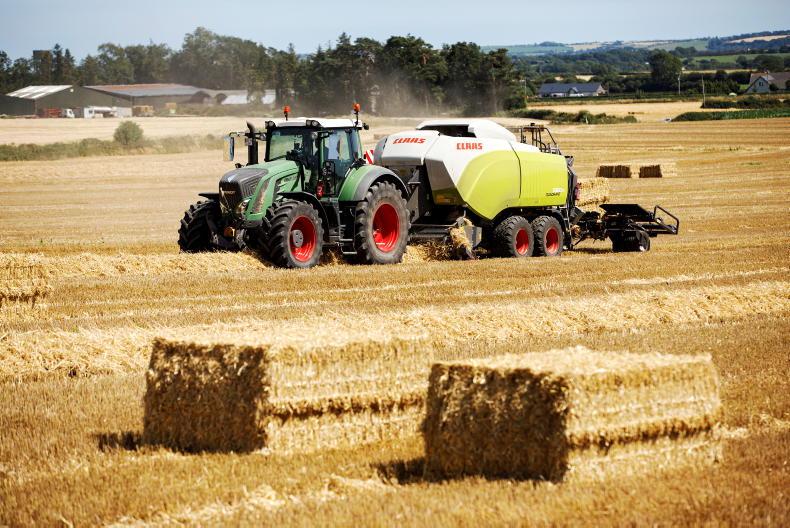After a very promising start, for many, 2023 hasn’t been the landmark year for renewable energy development as first hoped.
Yes, while renewable energy penetration into our energy systems continues to rise, marked by recent wind energy records and many new solar farm connections, we’re still not seeing the pace of development that a climate, biodiversity, and energy crisis would warrant. This is a sentiment shared by many in both industry and officialdom.
Rooftop solar, arguably the most accessible renewable technology, is now becoming mainstream for both businesses, farms, and homes. While there are other schemes available, if we look at the one specially designed for farmers, the Solar Capital Investment Scheme, its administration since its launch has been nothing short of dreadful.
The delays in approval letters have held up on-farm installations and general investments and shaken confidence among farmers in the process.
We have been reassured that 2024 will see these issues resolved. While this can be solved, the problem with securing a grid connection will not be as easy.
At the time of writing this, the long-awaited national biomethane strategy was due to be published before the Christmas break, after already being delayed.
The industry waits with bated breath to see the Government’s roadmap for developing hundreds of anaerobic digestion plants. So too is the industry waiting for details on the tariff regime for the small-scale renewable electricity support scheme, the policy mooted to unlock commercial farm wind and solar projects. This is another policy that suffered from delays.
In 2024, expect new policies and regulations to fast-track renewable energy deployment. These changes will result from consultations on direct project-to-user connections, hybrid grid connections, and the new Planning and Development Bill, among others
In this week’s renewables focus, we take a deep dive into what it takes to develop and run a wind farm in Ireland.
In November, we visited the recently completed Lenalea wind farm in Donegal.
We also profile a new anaerobic digestion training course run by Cré, the Composting and Anaerobic Digestion Association of Ireland. The course gives a detailed insight into the planning and development process for new projects.









SHARING OPTIONS